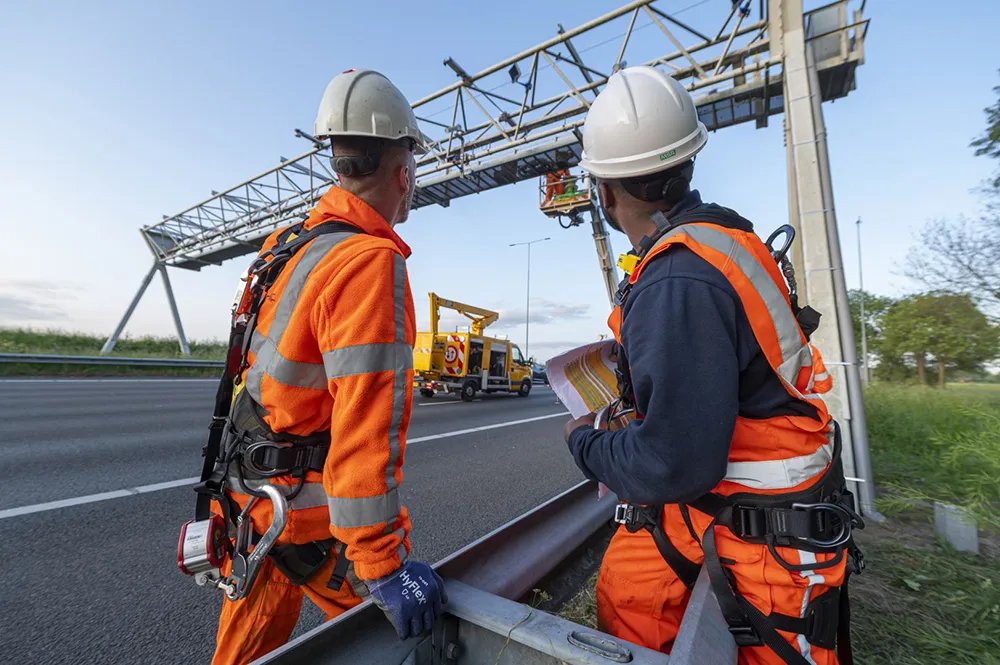TfL concluded that Uber is not fit and proper to hold a private hire operator license and shows a lack of responsibility in conduct. The main issues include potential public safety and security implications such as the company’s procedures for reporting serious criminal offences, how medical certificates are obtained and its approach to enhanced disclosure and barring service checks.
The 106,000-signature petition called for TfL to guarantee drivers’ rights and to protect the public from unsafe working practices. Uber is likely to appeal the decision and can continue to operate until any appeal processes have been exhausted.
Transport for London rejects Uber operation license
Transport for London (TfL) has rejected Uber London’s application for a new private hire operator license. The move follows a review and a joint petition between global consumer group SumOfUs and GMB union. TfL concluded that Uber is not fit and proper to hold a private hire operator license and shows a lack of responsibility in conduct.
September 22, 2017
Read time: 1 min










